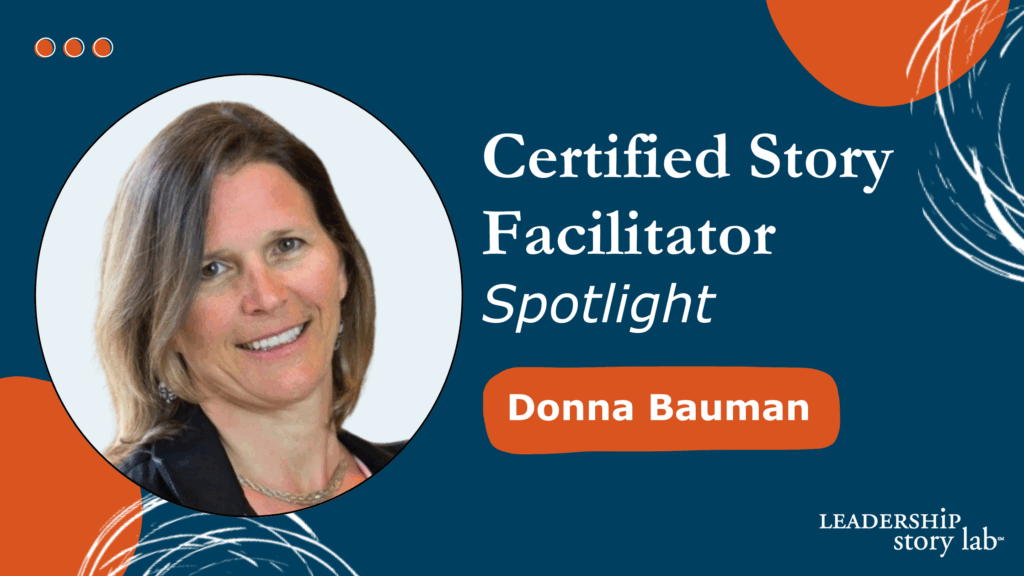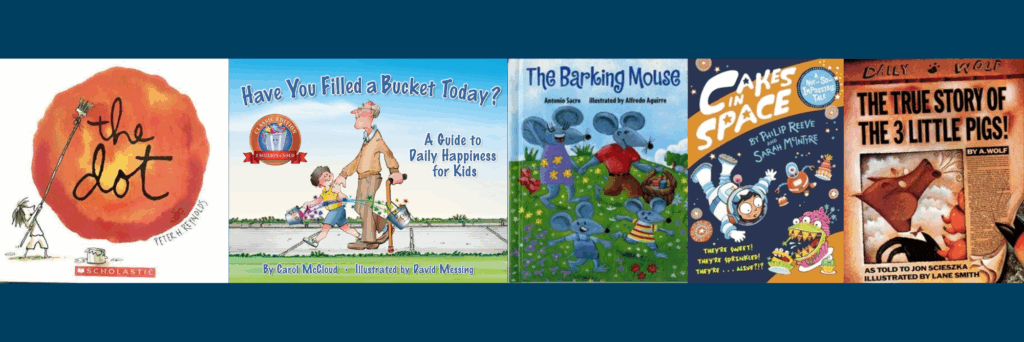November 2, 2018 / Esther Choy

In one of the most-viewed TED Talks of all time, Simon Sinek said all business discussions and decisions must “start with why.” Most people don’t do this, he says. “Very, very few people or organizations,” says Sinek, “know why they do what they do.” Similarly, in our careers, we know our credentials. They’re what we put front-and-center in our resumes. Some of us know our competencies. But very few of us have considered sharing our character.
And just as Sinek encouraged organizations to “start with why,” I want to encourage leaders to start with character in any situation where we need to convince someone to choose us over the competition, be it a job interview, recruiting, business pitch, or a chat with a prospective donor.
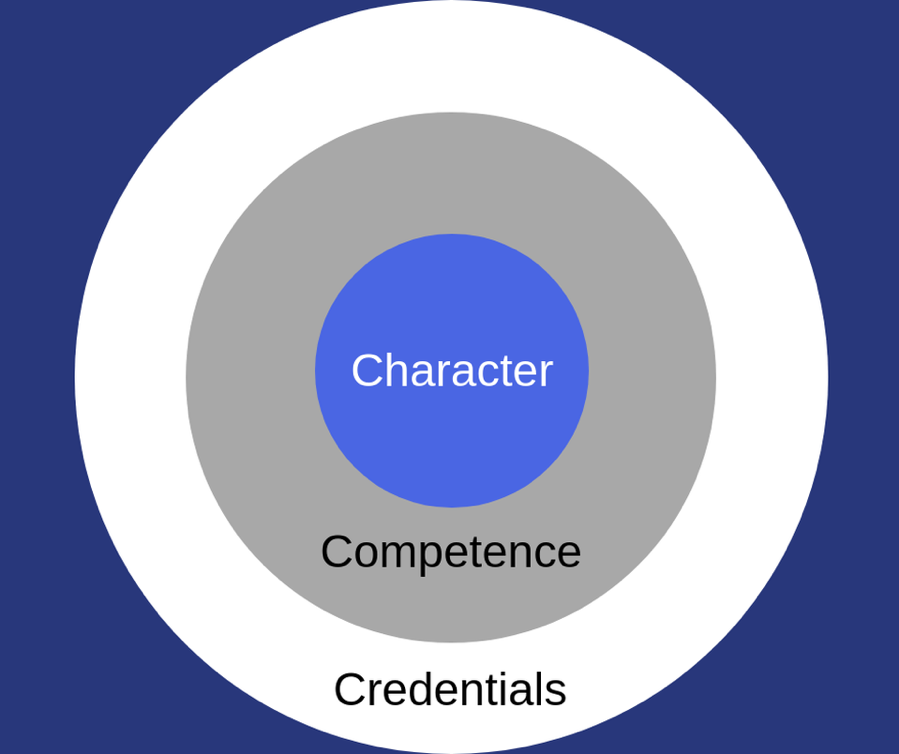
Credentials Are Forgettable
Whenever we’re competing for an opportunity, we normally start with endless facts around our qualifications. There’s no better way to make ourselves totally forgettable. Sure, the interviewer may seem interested, but if they are like most people, they will forget more than 40% of the information about you by the very next day.
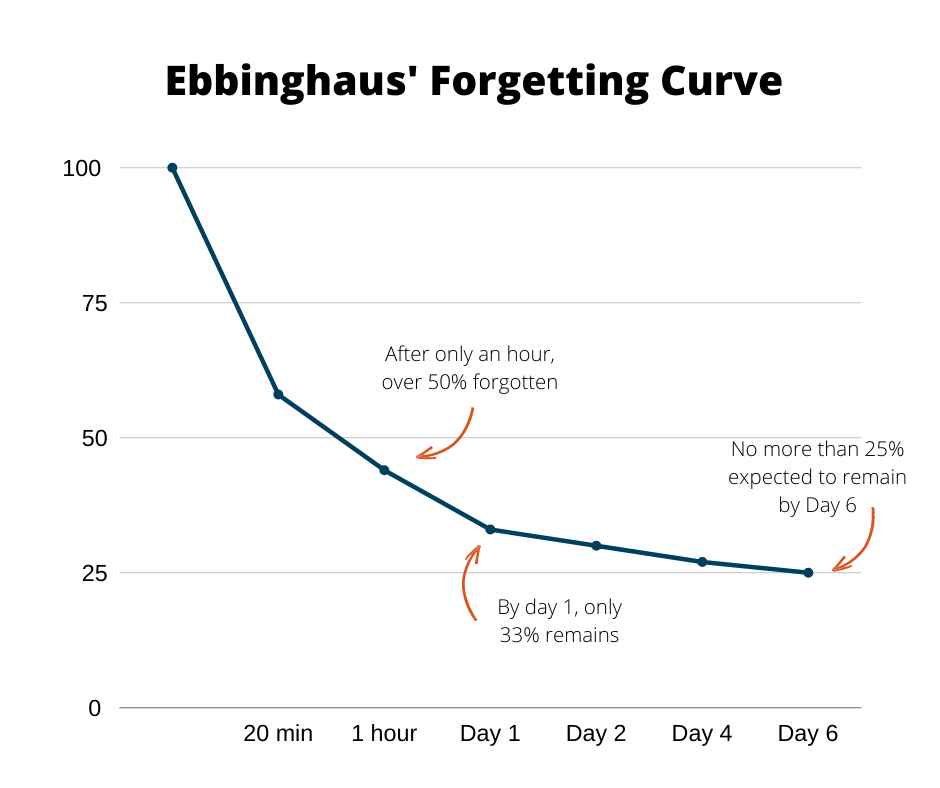
If they wait a week to discuss your interview with other decision-makers, they’ll likely have forgotten a full 90% of what you said. Decision-makers in any competitive process are especially desensitized to accomplishments.
In contrast, when my clients start with their character, audiences remember what they say. Starting with character frees them to start with stories. And information is up to 20 times more memorable when it is conveyed in a story. My clients notice two other perks when they focus on character. First, their audience literally leans their bodies forward towards them and listens. In today’s world of shrinking attention spans, this alone is a high achievement. Second, their audience shares their own stories. Their guards lower, and they’re more willing to talk, discuss and collaborate. They become part of the interviewees’ team without even knowing it.
Character Is The Missing Piece
At the heart of every business transaction is relationship. At the heart of every relationship is trust. So, whether the interviewer acknowledges it or not, the most important question isn’t “what have you accomplished,” but “when I hire you, who do I get?”
Audiences are constantly, albeit unconsciously, asking this question. The sooner we get to the core of it, the more effectively we can persuade others to work with us.
I witnessed this firsthand. One of my clients, a global investment manager, had made it through the initial screening process to become the asset manager for a Chinese Sovereign Wealth Fund, something this firm had never done before but that they saw as a tantalizing opportunity.
Competition was stiff. They were asked to come to Beijing for a final presentation–along with all eight competitors who were vying for only two opportunities. “We had 30 minutes, including Mandarin translation, to nail it,” says my client.
I worked with them to storyboard their most important points and get the sequence down. But most importantly, what emerged during our brainstorming was the firm’s character. Their stability, soundness and longevity.
This is what made the emotional connection with the Chinese Sovereign Wealth Fund, separated them from their competition, and ultimately won the account for them.
How To Focus on Your Character
Revealing character feels vulnerable. What is the best way to navigate this?
Explore the intersection of the characteristics that define who you are and the facets of your character that your audience will find most relevant:
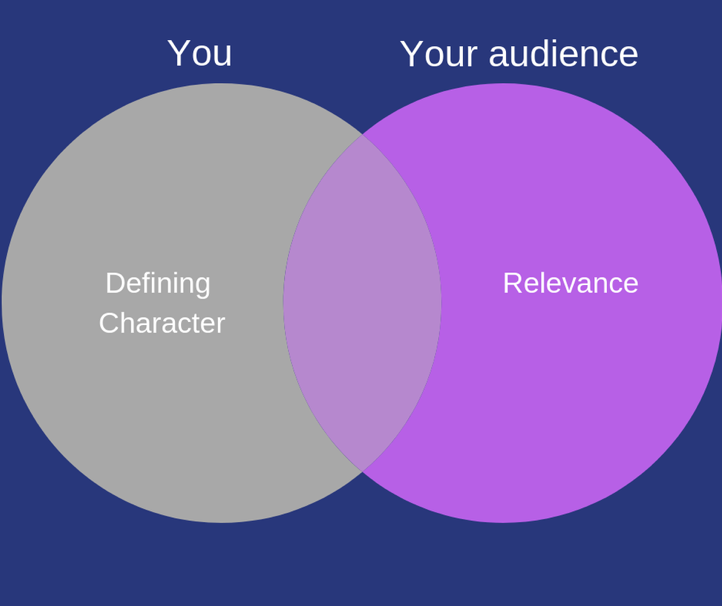
Here’s an example that reveals something about my character without getting awkwardly vulnerable.
When the opportunity presents itself, I’ll share how my husband and I braved a two-year long distance relationship. We met in graduate school, but his first job took him to Brussels and mine took me to Washington State. This was before Skype or any other internet phone. We didn’t know how we could make it work, but through perseverance and sheer stubbornness, we managed this international long distance relationship successfully enough that nearly twenty years later, we are still married.
Even though this isn’t a story about the workplace, it’s relevant to my audience. People can relate to overcoming personal difficulties, and they can sense our loyalty and commitment. And what relationship can’t benefit from someone who possesses these characteristics?
People forget facts, but they never forget a good story. So tell a good story that defines your character and is also relevant to your audience. Try as they might, they won’t forget you. They will want to select you as part of their team!
Related Articles
Are You Forgetting a Crucial Element of Your Job Interview Prep?
3 Tricks to Stand Out From Your Competition
Discover Someone’s Character In 20 Minutes
Don’t miss out on your next opportunity to tell a story and intrigue and delight your audiences. Whether you would like to stand out in the interview process, add punch to a presentation, or make a compelling case for a new initiative, we can help. Schedule a working session with us today!
Originally published on Forbes.com.
Better Every Story
Leadership Transformation through Storytelling
"This is an amazing and insightful post! I hadn’t thought of that so you broadened my perspective. I always appreciate your insight!" - Dan B.
Get Esther Choy’s insights, best practices and examples of great storytelling to your inbox each month.

